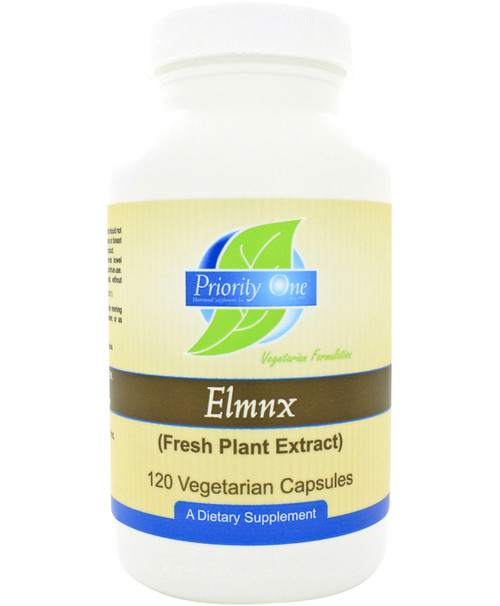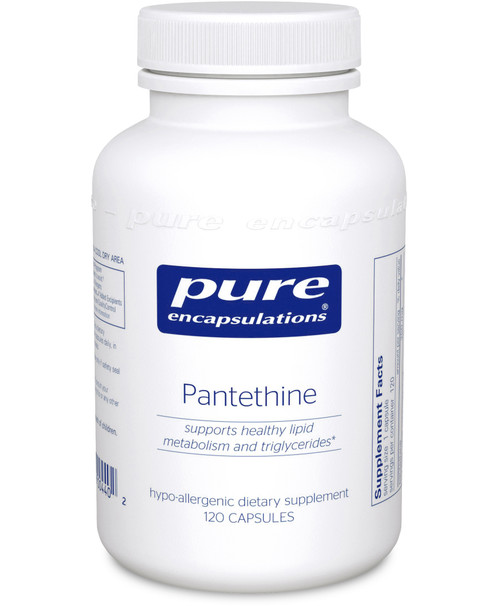
Product Description
About PS 100
PS 100 contains 95-98% phosphatidylserine (soy-derived), a phospholipid present in every single cell of the human body, with most of it concentrated in the cells of the brain. Phosphatidylserine plays a vital role in the normal cognitive function, which is why it is also referred to as brain nutrient. Besides promoting the healthy function of the brain, though, phosphatidylserine also supports the composition of the cell membrane, which, in turns, helps foster everyday behavioral performance that requires memory-related tasks, and emotional well-being.
How PS 100 Works
Phosphatidylserine is an amino acid derivative with a unique structure that allows it to be both hydrophobic (repelled by water) and hydrophilic (attracted to water). The same applies to all phospholipids, which can arrange themselves into two layers, forming a vital component of the cell membranes. For the membranes of the brain cells, this double layer helps eliminate metabolic waste while regulating the entry of oxygen, water, and nutrients. Acting as a gatekeeper, phosphatidylserine contributes to normal cognitive function, among others, as it helps keep brain cells healthy and functioning optimally.
Benefits of Phosphatidylserine
Besides what is already mentioned above, phosphatidylserine is essential for aiding neurons to conduct nerve impulses. This is an extremely important process as it allows neurons to carry out the functions of the nervous system. Other than that, phosphatidylserine supports the ability of the brain to produce new cells and repair the existing ones. At the same time, it also gives brain cells the chance to respond to stressors effectively by improving their fluidity. Taking into consideration all these brain effects, Phosphatidylserine is believed to:
- Boost memory and improve cognitive function – A study of a group of healthy adults has found that supplementing with phosphatidylserine resulted in a 20% increase of the speed the short-term memory could make calculations.
- Assist with stress management – Based on studies, phosphatidylserine is said to lower the levels of the stress hormone, namely cortisol, while also keeping them under control during periods of elevated stress. Such activity can also affect one’s sleep positively.
- Boost athletic performance – Several studies have evidenced that phosphatidylserine can reduce the time required to recover after injury, decrease the body’s amount of negative hormonal response to exercise, stretch the time an athlete needs to become tired when working out and help an individual recover from reduced blood flow.
- Might help palliate the symptoms of ADHD in children – Phosphatidylserine could improve the behavioral symptoms of children with ADHD, especially if combined with DHA while it may also help strengthen their short-term auditory memory.
- Potentially slow down Alzheimer’s disease – Research published in the Free Radical Biology and Medicine journal in 2007 has shown that phosphatidylserine could help slow down the progression of the disease while other studies suggest it might even prevent it. This is believed to be true because phosphatidylserine can help prevent the formation of amyloid beta in the brain, which is liked to the hereditary form of Alzheimer’s disease. Also, the fact that phosphatidylserine may improve the metabolism of glucose in the brain (the brain of people with Alzheimer’s disease does not use glucose optimally) also supports the claims made above.
The Research
Several studies have shown that phosphatidylserine restores the composition of the cells’ membrane and supports memory. A recent study of 425 individuals has demonstrated that the cognitive and behavioral parameters of those who were supplemented phosphatidylserine every day for six months were considerably more enhanced compared to their counterparts that were treated with placebos. Another study of 40 individuals comes to validate these findings since the individuals showed improved cerebral metabolism and better results following cognitive training. Finally, another placebo-controlled investigation has reached similar conclusions. Of the 149 subjects, those treated with phosphatidylserine enjoyed better scores in everyday memory-related performance tests than the group that received the placebo.
PS 100 Ingredients
The formula contains pure phosphatidylserine. Since it is provided in the form of capsules, there are compounds that comprise these capsules. These include cellulose, water, and hypoallergenic plant fiber.
Additional Notes:
- The recommended serving size is three capsules every day, divided into three meals unless your physician or healthcare practitioner instructs otherwise.
- The formula contains soy.
- Always consult your healthcare professional before taking any dietary or nutritional supplement, including PS 100, especially if you are lactating or pregnant.
- The statements made above have not been evaluated by the FDA.
- Do not use PS 100 to treat, diagnose, prevent or cure a disease; this product is not intended for such use.
- PS 100 does NOT contain artificial ingredients, such as flavors, colors, sweeteners, or dyes, and has zero contaminants, magnesium stearate, hydrogenated fat, and coatings.
About the Manufacturer
Pure Encapsulations is a dietary supplements manufacturer that provides healthcare practitioners with both premium-quality, research-based, hypoallergenic formulas and tools to help achieve their patients’ wellness and health goals. Their products are sourced and manufactured to include zero artificial ingredients and zero contaminants while they are also free of common allergens, such as egg, lactose, soy, and more, with minor exceptions, which makes them ideal for people with food intolerances.
Among their top-rated products is B-Complex Plus, for neurological support and hormone balance, gastrointestinal health-promoting Digestive Enzymes Ultra, Cortisol Calm, for relaxed sleep, and glucose-supporting GlucoFunction.














